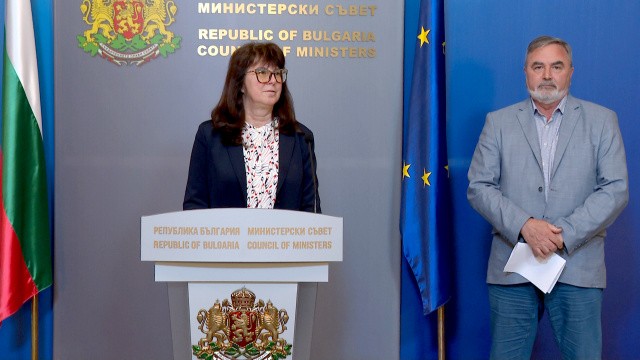In response to the recent deaths of two newborns due to whooping cough, the Ministry of Health in Bulgaria has implemented measures to curb the spread of the disease. Dr. Galya Kondeva, the Minister of Health, revealed at an extraordinary briefing that the ministry has initiated steps to limit the outbreak’s impact.
One of the key actions taken by the Ministry of Health is the issuance of letters to the Regional Health Inspectorates and the Bulgarian Medical Union, urging general practitioners to review the immunization status of children in their care. The focus is on identifying non-immunized children and ensuring they receive timely vaccinations.
Dr. Kondeva emphasized the severity of the situation, citing a total of 205 reported cases of whooping cough since the beginning of the year, with the majority affecting children aged 0-19. Assoc. Angel Kunchev, the Chief State Health Inspector, highlighted a concerning trend of increasing whooping cough cases not only in Bulgaria but also in several European countries and globally.
According to Prof. Kunchev, whooping cough follows a cyclical pattern, with peaks occurring every 3-5 years despite high vaccination coverage. In Bulgaria, the implementation of the immunization calendar currently stands at 92%. To assess compliance with vaccination schedules nationwide, the Ministry of Health, the Executive Agency for Medical Supervision (EAMS), and the National Health Insurance Fund (NHIF) will conduct a comprehensive analysis.
The proactive measures undertaken by the Ministry of Health aim to contain the spread of whooping cough and protect vulnerable populations, particularly infants and young children. With vaccination playing a crucial role in preventing infectious diseases, efforts to ensure immunization coverage remain a priority in Bulgaria’s public health agenda.

